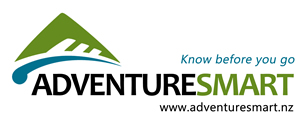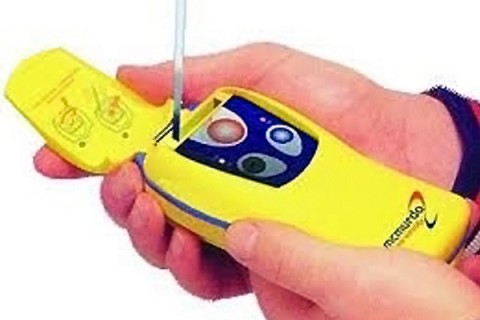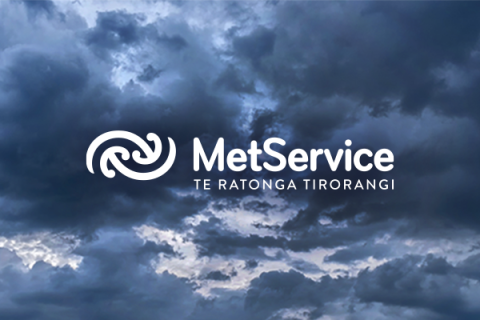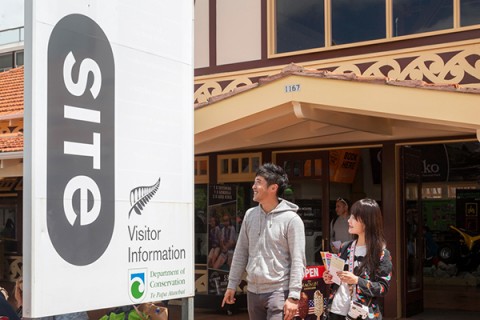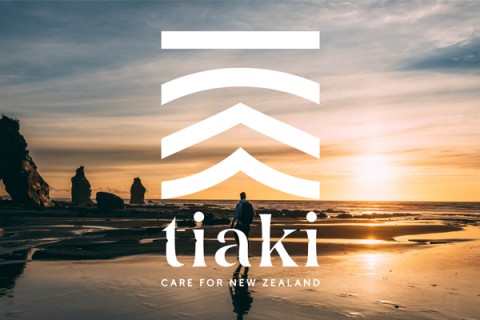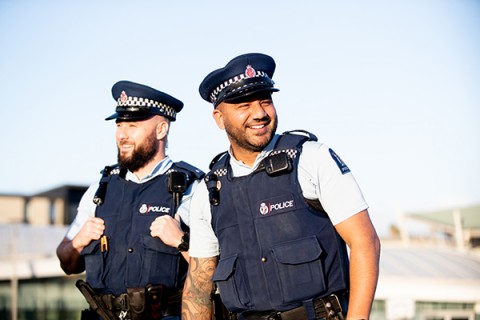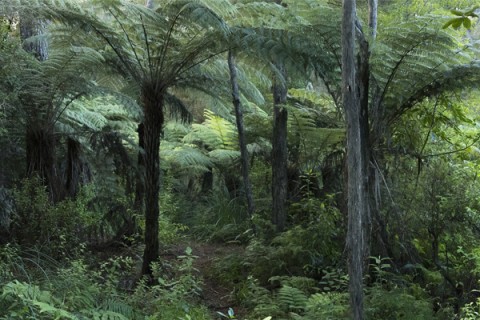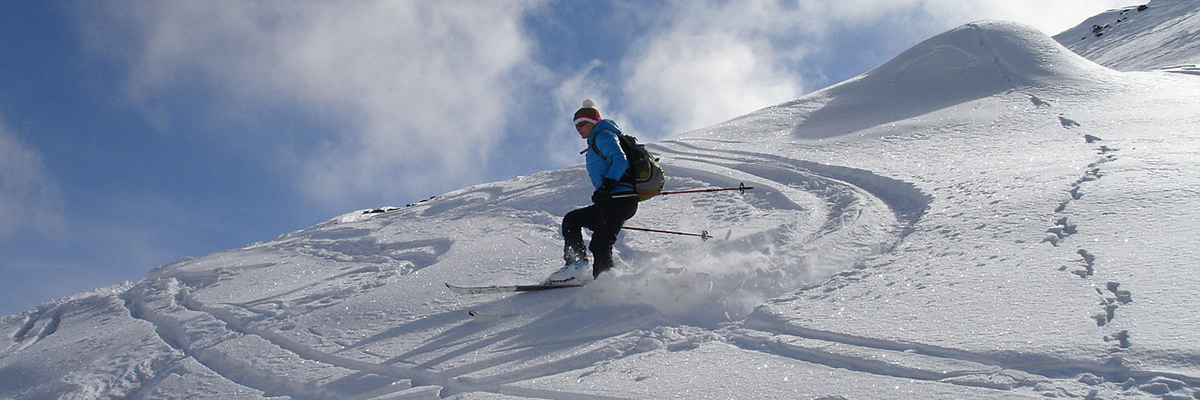
Popular activities

Skiing and Snowboarding
Learn more at:
- Land Safety Code
- Beginner guide to backcountry snowsports - tips, videos, gear and more
- Training: check out Alpine Training Courses
- Online Avalanche Awareness course – free online learning to kickstart your skills
- NZ Avalanche Advisory - essential for avalanche awareness from forecast conditions to learning
- Hiring/Purchasing Personal Locator Beacons
- Outdoor intentions
There are wonderful locations to ski and snowboard in New Zealand. While large ski fields are operated commercially, this does not mean that the commercial operators are responsible for your safety. You must behave responsibly, dress appropriately and ensure that you are mindful of the safety of loved ones and others. Always take a form of waterproof communication with you, and make sure that you 'mention your intentions' to others on the mountain, especially if there is a time when you intend to ski or snowboard alone.
Trails are unfenced, and while you can follow specific routes it is easy to go off-trail - which you should never do unless you have experience in the area and you know where you are going. A safer option for going off-piste or to enjoying backcoutry snow sports is to hire an experienced guide.
Backcountry skiing/snowboarding
If you are planning to enjoy backcountry snowsports in New Zealand, it is important to have the appropriate avalanche training and ensure you have all of the appropriate equipment and clothing, including avalanche safety equipment (such as an avalanche transceiver, probe and shovel). Checking the snow conditions, avalanche risk and weather conditions are also vital before you head out. Find out more on the Mountain Safety Council website.
Top tips for skiing and snowboarding:
- Know your limits: recreate to your ability, control your speed, if you're tired, take a rest.
- Be aware: be mindful of changing conditions, take a lesson, stop where you can be seen, give others room, look ahead.
- Protect yourself: wear a helmet, obey all signs and closures, go somewhere safe if the conditions are deteriorating.
Key contacts for skiing and snowboarding
- New Zealand Avalanche Advisory - Avalanche activity and training information.
- Mountain Safety Council - provides significant resources relating to land-based activities around New Zealand as well as practical courses, training information and preparation videos.

Mountaineering
Learn more at:
- Land Safety Code
- Beginner guide to mountaineering - tips, videos, resources and more
- Video: Alpine snow skills series - introducing crampons, ice axes and basics
- NZ Avalanche Advisory - essential for avalanche awareness from forecast conditions to learning
- Online Avalanche Awareness course – free online learning to kickstart your skills
- Outdoor Intentions
Due to the inherent risks of mountianeering, it is extremely important to only undertake this activity if you have a significant level of knowledge and experience. Those with no or little experience in this pursuit are strongly recommended to learn/gain experience with a guide or with the guidance of experienced friends or family. More information can be found on the NZ Mountain Safety Council's website.
Key Contacts for Mountaineering:
- New Zealand Avalanche Advisory - Avalanche activity and training information.
- NZ Mountain Safety Council - access essential information for safe land-based activities such as how-to videos, the Plan My Walk app, skills and other online tools.
- Department of Conservation - managing the conservation of New Zealand's nature, including information about tracks, wildlife management and hut management.
- Beacons - information about hiring or purchasing distress beacons including PLBs.
